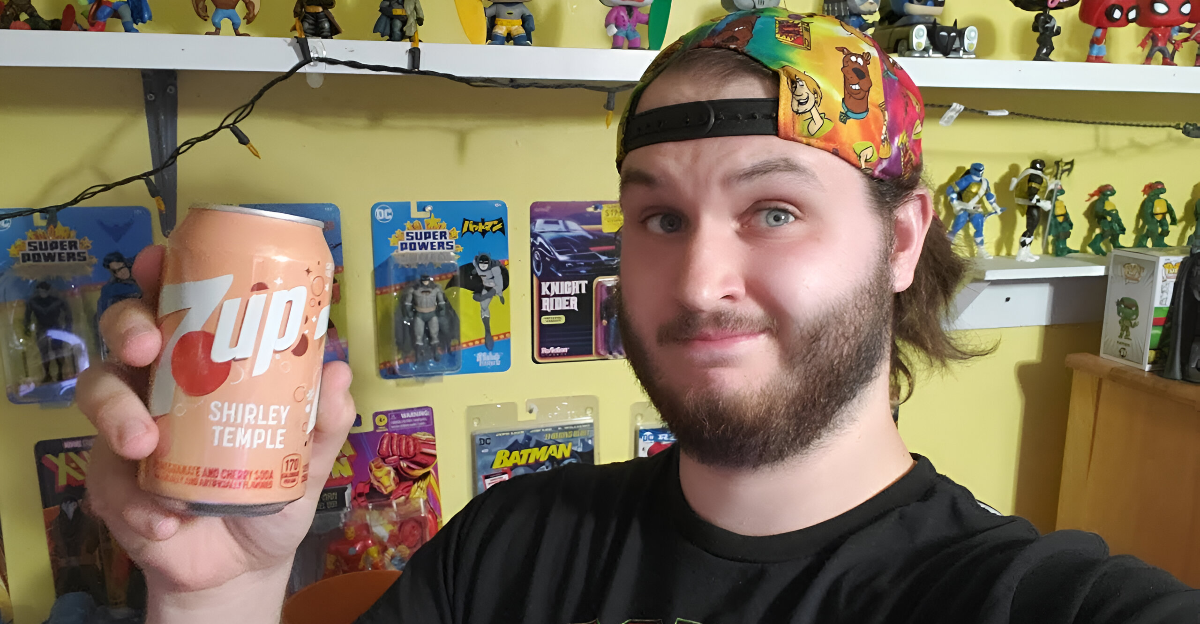
In a new class action lawsuit filed in May 2025, 7UP is accused of deceiving consumers by using the “100% Natural Flavors” label to conceal artificial additives in the popular soda. This case highlights an underlying problem: Regulators continue to define “natural” loosely, making it easy for consumers to be duped.
As Americans increasingly rely on clean labels, manufacturers capitalize on this ambiguity, though court cases are mounting. Plaintiff Shant Joukjian asserts that this is a state and federal code violation by misleading health-concerned consumers. With duplicative lawsuits against LaCroix-type companies, this is not an isolated case.
The Deceptive Use Of Artificial Ingredients In Natural Products

Joukjian’s complaint asserts 7UP contains hidden artificial chemicals under the “100% Natural Flavors” label, making the label illegal and misleading. A California federal court complaint highlighted how Keurig Dr Pepper’s advertising allegedly violated consumer protection laws by implying purity while using artificial ingredients.
It is reminiscent of the LaCroix lawsuit, where ethyl butanoate and linalool, potentially made from non-natural sources, were found in “all-natural” sparkling water. The trend shows that food manufacturers repeatedly obfuscate the difference between natural and artificial, relying on regulatory loopholes to get away with it.
Legal History Shows “Natural” As A Controversial Term

Food labeling claims have mushroomed since 2018, with courts repeatedly attacking “natural” claims. The authorities charged McCormick & Company with using artificial ingredients in “natural” seasonings.
Odwalla was fighting charges over juice processing. The cases repeat a theme: plaintiffs argue that processing technologies or chemical ingredients make “natural” claims inaccurate, but FDA inaction forces courts to define the term ad hoc.
The National Law Review further states that uncertainty has made “natural flavors” the newest litigation ground, with companies like National Beverage Corp (LaCroix) battling fiercely to ward off charges and protect their reputations.
The Psychological Appeal Of “Natural” and Its Impact On Sales
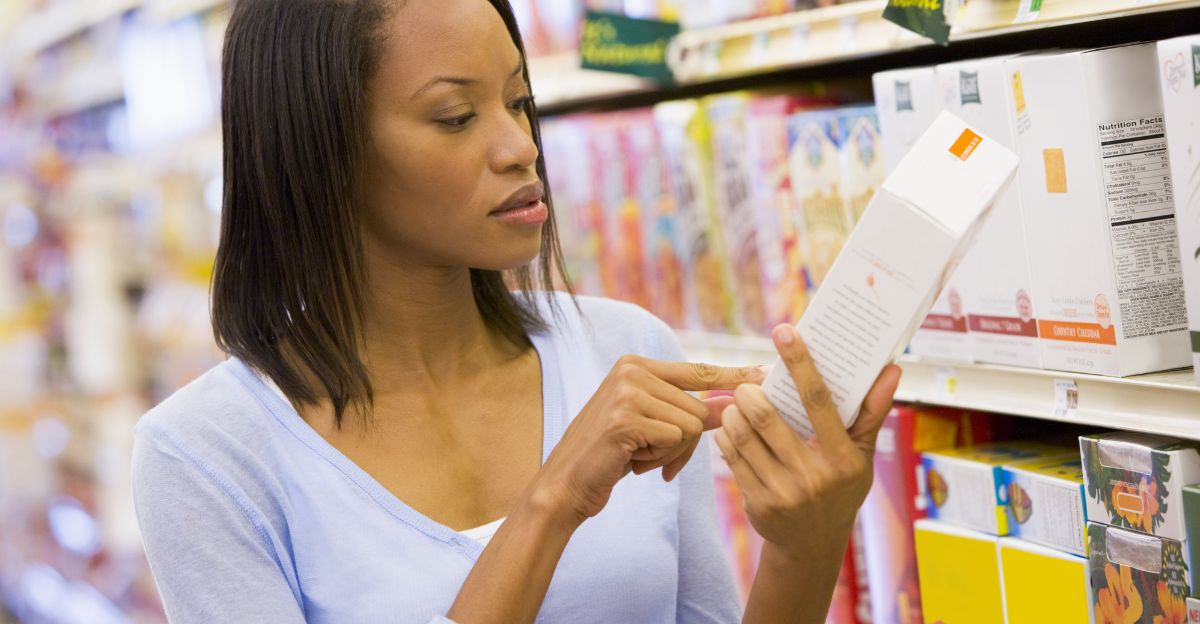
Consumers pay 8% extra for “natural” products, expecting better quality and nutrition, even when they are the same as unlabeled versions. Ohio State researchers found that the bias gets stronger when firms emphasize verbal naturalness, with marketing driving perceived value.
Innova Market Insights confirms that health-conscious shoppers connect “natural” with wellness, driving demand despite the term’s vagueness. Using a cognitive heuristic that exploits a psychological feedback loop in which belief is stronger than fact, companies such as 7UP can command premium prices while concealing the origins of ingredients.
How The FDA’s Regulatory Oversight Created A Vacuum
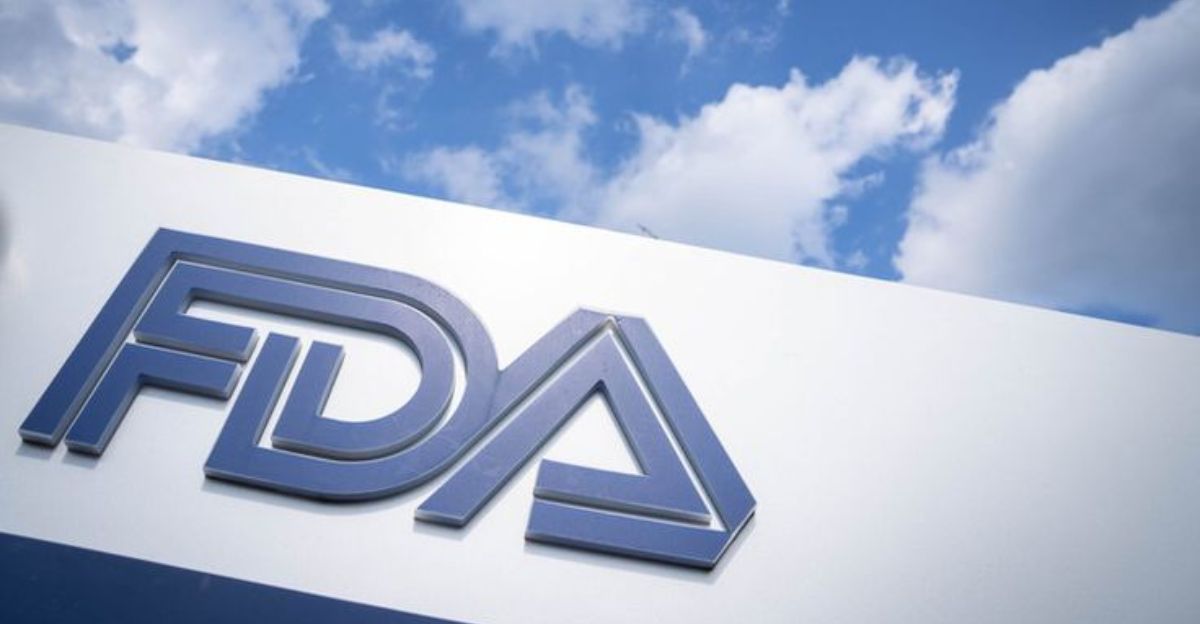
Decades of litigation have resulted from the FDA’s failure to define “natural flavors.” Consumer Federation of America’s petition requests that the term be replaced with “added flavor,” arguing that current labeling misleads consumers who identify “natural” with restricted processing.
Historically, synthetic flavors were labeled “imitation” under the 1906 Pure Food and Drug Act, but loopholes now allow companies to label chemically identical substances “natural” if they are derived from plants. This regulatory twilight zone, where artificial and “natural” flavorings are often indistinguishable, directly enables cases like 7UP’s.
Clean Labels vs. The Global Truth Of Product Ingredients
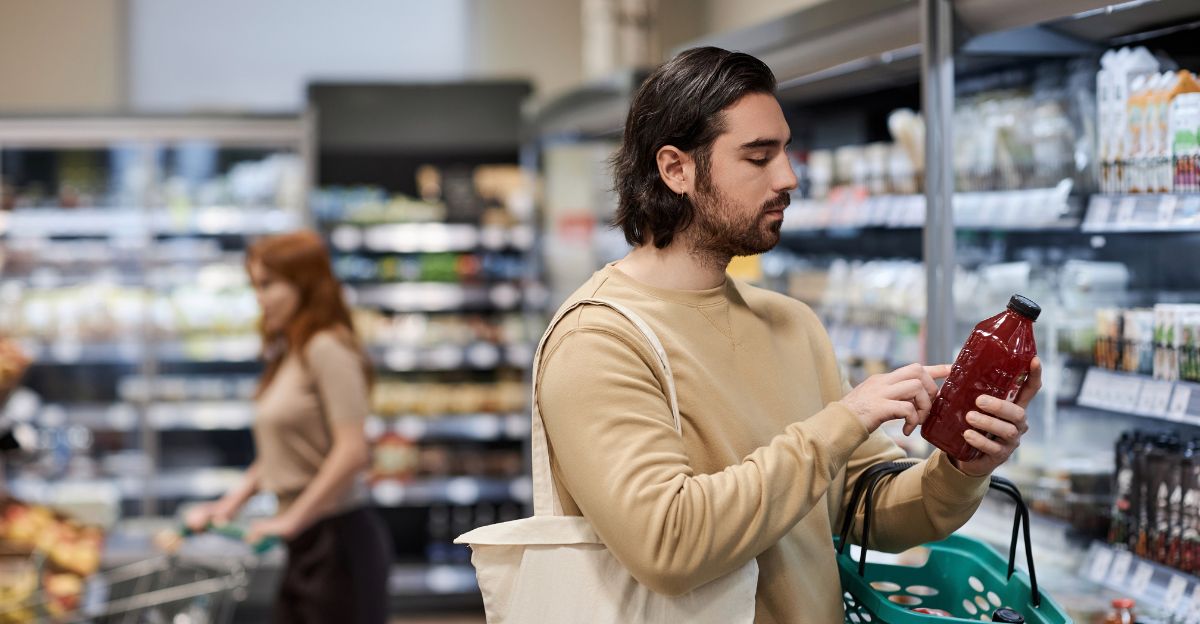
While 7% of new foods globally have “clean flavor” label statements, consistency is far-reaching. North American and Australasian consumers desperately desire natural formulations, but regional regulations are in disarray.
Sigma-Aldrich suggests that natural flavors previously only meant plant-extracted essential oils, but nowadays, chemical capability facilitates replication.
This consonance generates conflict for companies such as 7UP to map a splintered terrain: retailing worldwide, appealing to “natural” advantages while sourcing ingredients under non-harmonized ethical and legal frameworks.
How Consumer Advocacy Is Changing The Rules Of The Game
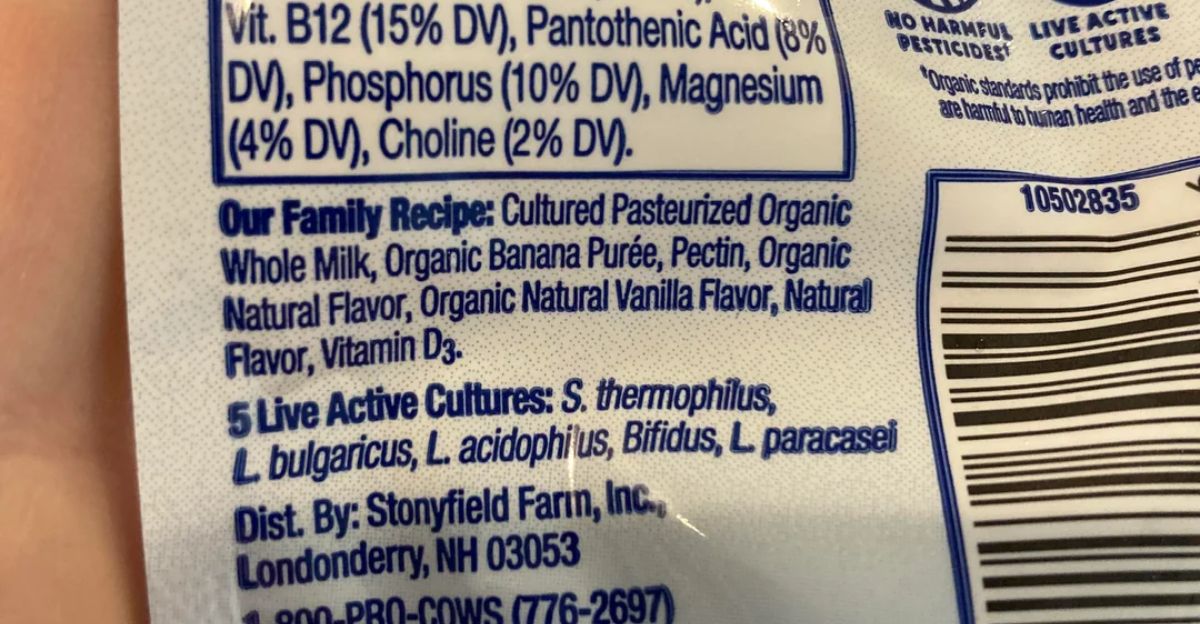
Consumer Federation of America’s FDA petition identifies “natural flavor” as the fourth most ubiquitous and confusing ingredient label. They requested to shelf the term after data showed that added flavor, whether natural or artificial, is linked to ultra-processed foods and weight gain.
By requesting labeling of “added flavor,” they seek to end the natural/artificial false dichotomy and allow consumers to recognize levels of processing. Doing so would disprove instances such as 7UPs by requiring disclosure of flavor source, not meaning.
The Price Of “Natural” Hype and Its Economic Impact
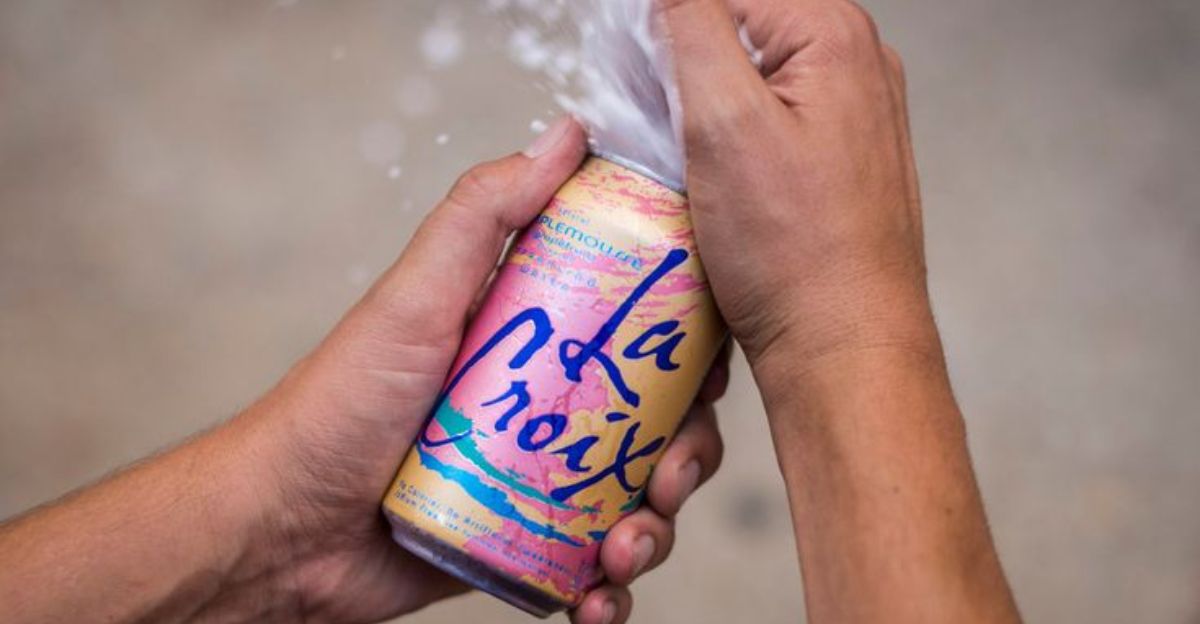
“Natural” tags market products but risk litigation, a tradeoff that companies are more than willing to make. National Beverage Corp, LaCroix’s owner, called its lawsuit “defamatory,” worried about reputation risk.
For 7UP, the class action could trigger costly settlements, mimicking past food litigation trends. However, market statistics support the economic payoff: Brands with natural flavoring obtain the customer base of health-conscious consumers who pay premiums despite rising litigation.
It creates a perverse incentive: profits from “natural” claims are often greater than lawsuit costs, favoring deceptive practices.
The Future Impact Of Legal Battles On Kitchen Products
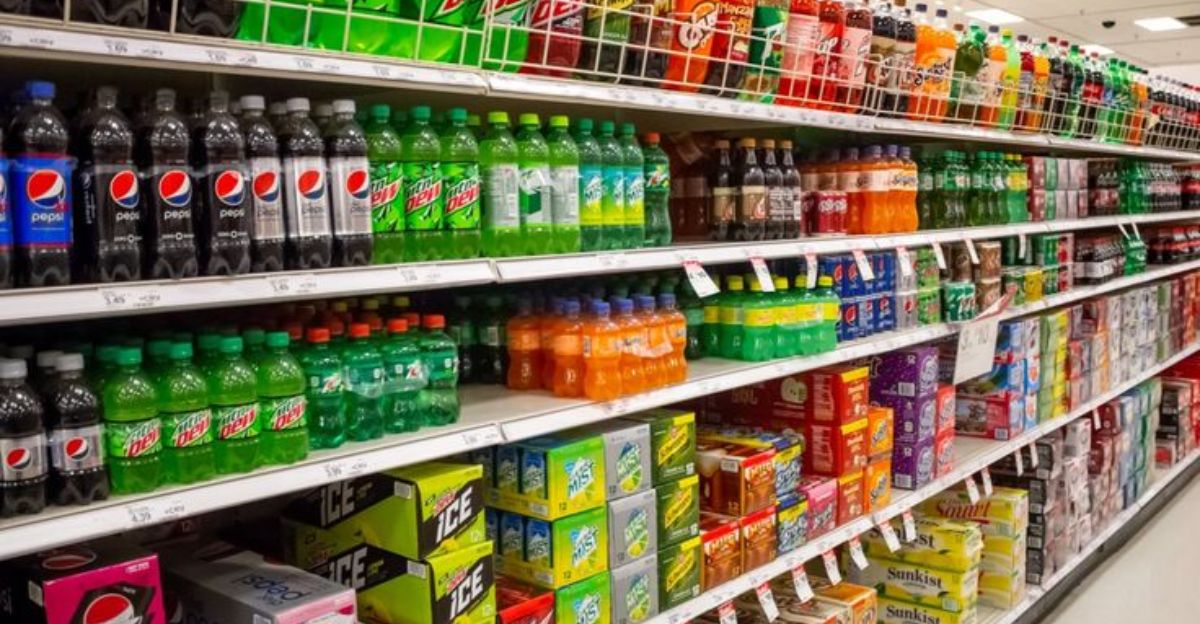
If courts side with plaintiffs like Joukjian, soda giants might have to restage or reposition, reconfiguring soda aisles. The FDA plan of the Consumer Federation could gain traction, replacing “natural” with factual descriptions.
Cell-based flavoring could short-circuit controversy in the long run. Would the use of natural cells qualify as “natural”? Such technology could satisfy clean-label requirements without pending lawsuit bait, but meanwhile, the 7UP case illustrates a marketplace torn with itself.
Transparency As The Only Exit Ramp
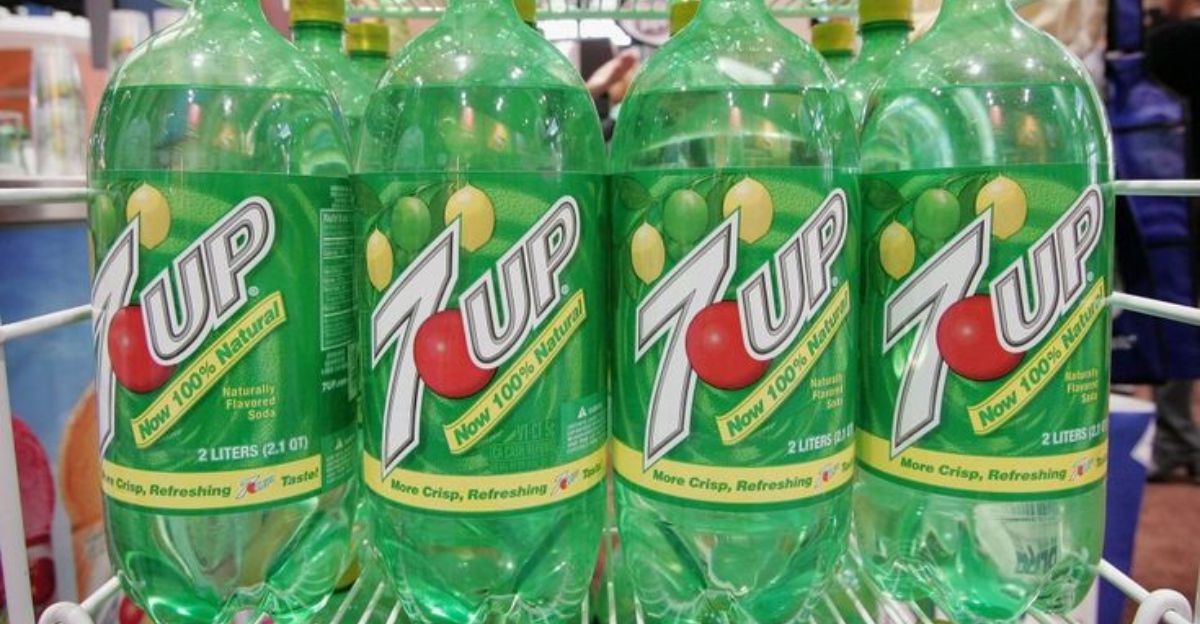
The 7UP lawsuit isn’t about soda; it’s a referendum on food company values. With “natural” claims legally ambiguous and psychologically compelling, companies trade customer trust for near-term profits.
There is a need for Regulatory clarity: the FDA must spell out “natural flavors” or drop it altogether, as activists insist. Meanwhile, courts are the de facto arbiters of truth on labeling.
For consumers, the takeaway is blunt: “natural” labels guarantee purity but deliver uncertainty, confirming that trust is the sole safe ingredient when there are no standards.
Discover more trending stories and Follow us to keep inspiration flowing to your feed!

Craving more home and lifestyle inspiration? Hit Follow to keep the creativity flowing, and let us know your thoughts in the comments below!
